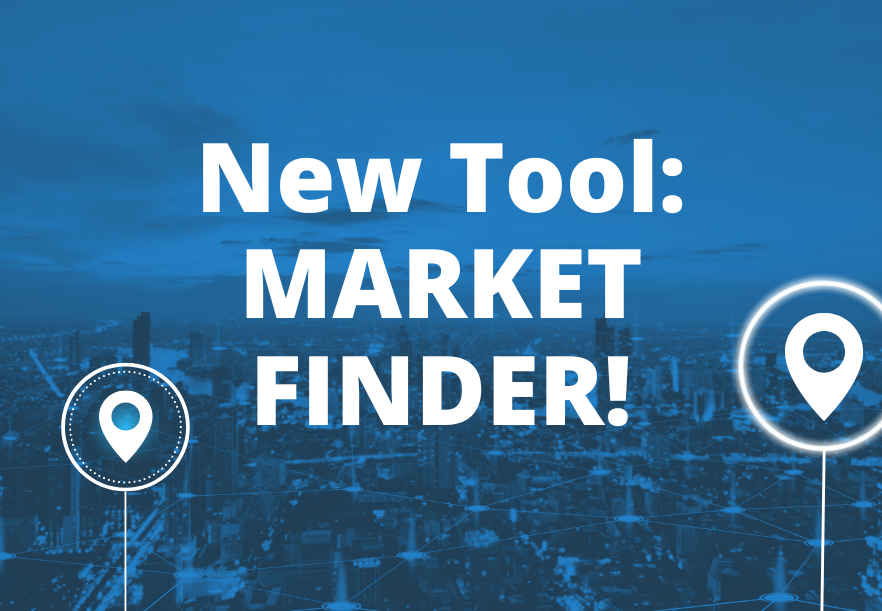[ad_1]
Data privacy is an ever-increasing concern, particularly in finance, where sensitive information like personal and business bank statements, loans, credit information, driver’s licenses, and Social Security numbers are involved. Because of this, real estate is particularly vulnerable. The advent of artificial intelligence (AI), which allows more data to be transferred through apps and social media, further increases the need for robust laws and cybersecurity.
Large-Scale Data Breaches Have Sounded Alarm Bells
2024 has seen some of the largest data breaches in recent history, with 1 billion records stolen so far as of mid-October. The affected companies include AT&T, Change Healthcare, cloud data giant Snowflake, U.S. pharma business Cencora, health insurance company Kaiser, the United States Postal Service, Evolve Bank, and National Public Data, among others worldwide.
Data privacy law enforcement has increased nationwide, with states enacting their own rules. For real estate professionals, including brokers, landlords, and lenders, the stakes are high, and potential fines are heavy for mishandling sensitive information.
Europe first took the lead in data security in May 2018 with the introduction of the European Union’s General Data Protection Regulation (GDPR). The California Consumer Privacy Act (CCPA) followed suit in January 2020, and it is particularly relevant to real estate.
Although CCPA is a California law, other states have enacted similar laws. Failure to comply with the CCPA can lead to large penalties. Businesses can face fines of up to $7,500 for intentional violations and $2,500 for unintentional violations. Additionally, consumers have the right to sue for damages in data breaches resulting from a company’s failure to implement reasonable security measures.
Although no specific federal laws apply to real estate regarding data security, the industry falls under individual states’ data privacy laws to protect consumer information. Individual consumers have three distinct rights:
- Know what information a business collects on them: This includes Social Security numbers, financial records, credit history, and background information.
- Ask a business to delete or correct incorrect data: Companies cannot keep data on file about individuals.
- Know if a business is selling your information: Consumers have the right to know if their information is being sold to third parties, including marketers and financial institutions.
Property Management’s Unique Exposure
Large and small property managers must pay particular attention to the data they collect on tenants when using tenant portals through CRM providers, online payment systems that give access to leases, and sensitive documents that are particularly vulnerable to hacking.
International transactions complicate things even more when overseas buyers send their data across borders. The Schrems II ruling made it easier for U.S. law enforcement officials to access data of E.U. residents once they had been transferred to the U.S., which could violate compliance rulings in other countries. This means U.S. real estate companies must reassess their data transfer practices and ensure compliance with regulations in every region they operate in.
Why a Consent Management Platform Is a Necessity
A fully transparent consent management platform (CMP) allows companies to effectively manage users’ consent and inform them of their rights. It will enable them to make informed decisions about how their data is used. A CMP acts following state and federal laws and can be amended to feature ongoing privacy levels as they emerge and evolve. It is a must-have for agents, brokers, and property managers.
What Investors Need to Know Regarding Data Privacy
Investors buying rental properties and inheriting tenants need to know that their tenants’ data has been collected and stored according to state and federal laws. Should a breach occur, a landlord is on the firing line for a potential lawsuit.
The same applies to the commercial side when investors buy large portfolios overseen by management companies that handle large tenant and client data volumes. A data breach can have serious ramifications, not only legally but also in the asset’s value, as lease renewals could fall, making the property less attractive to investors.
Proptech Startups
Proptech is a big business in real estate, hosting companies such as Airbnb, brokerages and listing companies, and office rentals (WeWork), which have a heavy tech component that receives user data. The proptech business is predicted to grow to a market cap of $86 billion by 2032.
With AI allowing ever-increasing amounts of data to be transferred efficiently between smartphones in real-time using machine learning and new algorithms, input via chatbots, and virtual assistants, network security and privacy are increasingly important. Just as AI enables the sharing of vast amounts of data at breakneck speeds, it must also bring about profound security and data privacy enhancements to engender the confidence of users and investors alike.
Cookie Consent and Online Tracking and Real Estate
Google recently reversed its decision to ax tracking cookies in Chrome, the world’s most popular browser. Safari and Firefox’s privacy-focused updates are a potential game changer for online advertising, real estate agents, and marketing teams.
Should Google modify its use of cookies, the ramifications for real estate will be huge. Potential buyers who search for a property online might not automatically get inundated with ads for similar properties. The workaround would be that agents must rely on their own data to target potential buyers, sellers, landlords, and tenants, which also means their data must be secure to ensure data privacy compliance.
The Problems With Social Media
According to the National Association of Realtors, 97% of homebuyers use the Internet in their home search process. Many start on social media, where agents and brokers have a robust presence.
However, the Federal Trade Commission (FTC) recently found that several social media and streaming services engaged in a “vast surveillance” of consumers. According to the report, companies such as YouTube, Meta Platforms (which owns Facebook, Instagram, WhatsApp, and Threads), TikTok, and others profited from the data by feeding it into advertising targeting specific users by demographics.
“Surveillance practices can endanger people’s privacy, threaten their freedoms, and expose them to a host of harms, from identify theft to stalking,” said Lina M. Kahn, FTC chair, in a statement. Users must be careful when entering personal information regarding loans, homes, and investment opportunities.
The Lessons to be Learned from the RealPage Lawsuit
If there’s anything landlords can learn from the RealPage lawsuit, it’s that Big Brother is always watching. Lawsuits brought by tenants in federal courts in Tennessee and Washington could affect property owners, as well as the software companies they use. Ensuring the collation of big data doesn’t result in big fines should be of heightened importance to landlords using large-scale management and reporting systems.
Similarly, landlords who use tenant screening software, an industry valued at over $1 billion, risk receiving inaccurate information that disenfranchises tenants. When the inaccuracies are egregious, and others may be able to view them, lawsuits inevitably follow.
Final Thoughts
The increasing reliance on big data to power every aspect of the real estate industry leaves it wide open to breaches, inaccuracies, lawsuits, and fines. While outsourcing decision-making to algorithms and AI has made the business of buying, selling, and renting real estate more efficient, it has also made it more susceptible to hackers and data theft.
There probably aren’t many people who look back longingly to the days of paperwork, locked filing cabinets, and marathon shredding sessions. However, anyone who’s faced a lawsuit for leaked data, been fined, or been turned away from renting an apartment must surely agree that the old way had its advantages.
Find the Hottest Markets of 2024!
Effortlessly discover your next investment hotspot with the brand new BiggerPockets Market Finder, featuring detailed metrics and insights for all U.S. markets.

Note By BiggerPockets: These are opinions written by the author and do not necessarily represent the opinions of BiggerPockets.
[ad_2]
Source link






 Bitcoin
Bitcoin  Tether
Tether  XRP
XRP  USDC
USDC  Lido Staked Ether
Lido Staked Ether  Dogecoin
Dogecoin  LEO Token
LEO Token